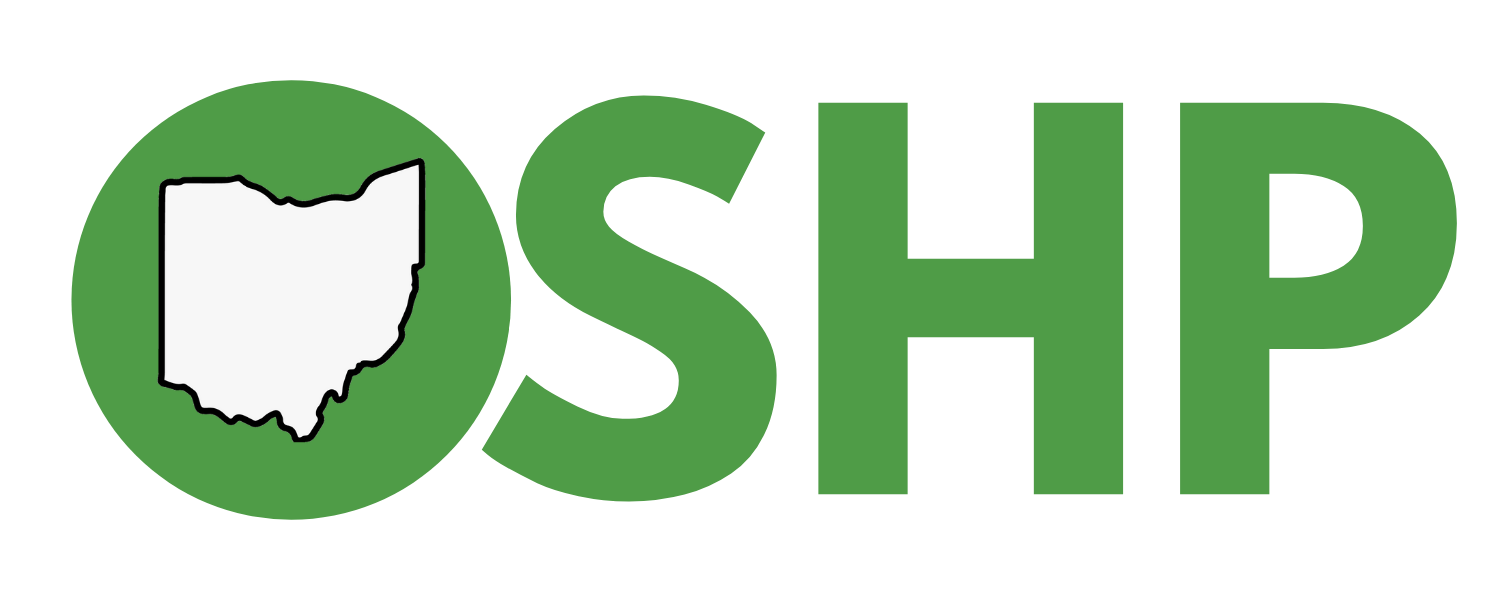Author: Tyler Perry, PharmD, Summa Health System
At this point, many people are settling down after the American Society of Health System Pharmacists (ASHP) Residency match. Round 1 of the match went by in a blur, round 2 was just as hectic, and the scramble was exactly that. This year, 7,364 applicants, both PGY1 and PGY2, participated in the match, 4,425 received a match during round one, 346 received a match in round two, 43 programs were left in the scramble. Which leaves 2,593 candidates potentially without a match. One question remains I want to make sure does not go by the wayside. What advice should be considered for the candidates that did not match?
The first thing to think about would be determining if you are considering re-applying through next year’s residency cycle. While it may feel like there is time to relax, the search and application season will be starting in August-September. Dr. Jaclyn Boyle, a PGY1 residency program director at Northeast Ohio Medical University (NEOMED)/AxessPointe and Assistant Dean of Student Success at NEOMED, was kind enough to give some advice on the matter. She stated the importance of “knowing what makes you stand out amongst other applicants, demonstrating enthusiasm, and describing how you are going to benefit a residency program.” The takeaway here being, that you will have a year to mature, self-reflect, and think about how you can improve your odds in the future. This self-reflection can be extremely beneficial when preparing for interviews and creating letters of intent. You can speak to how you’ve grown in the months leading up to your interviews and what you’ve learned. During this time, it would also be beneficial to seek out a mentor that can help you to prepare and hone your application materials and interview skills. She also stated that “being aware of changes in pharmacy practice at large (particularly in the state you want to practice in)” will be important going further as well. Staying up to date on the current events in pharmacy and practice changes will be invaluable as continue that life-long learning model and prepare for pharmacy interviews. And lastly, she stated that “being very knowledgeable about what the program offers/doesn't offer and making sure it is a good fit for your short- and long-term career goals” is also particularly important. I asked her specifically what advice she would have for a candidate in the meantime until the next match cycle. She stated how important it is to start networking, developing yourself professionally, and practicing your interview skills. Some of her recommendations for professional development included seeking out additional training, educational opportunities, and volunteer experiences.
I think Dr. Boyle hit the nail on the head when it comes to developing yourself and networking. One of the most important things you can do until the next match cycle occurs is to continue to learn and gain more experience. During these months, you can potentially gain pharmacy practice experience that will be bring new skills and knowledge that will be very beneficial. There are a few resources online from organizations and other pharmacists for candidates that haven’t matched including ASHP and ACCP as well as books, blogs, and forums. One common theme that you will see with these resources, is that you shouldn’t give up. At the end of the day, you are still graduating with a Doctor in Pharmacy! You are a qualified applicant to work in many areas of the profession and based on the other 2,593 applicants, you are not alone. Reach out to preceptors, current and past, and ask if they are aware of any opportunities available or coming soon that align with your career interests. There may be entry-level pharmacist positions at the very same hospitals or community pharmacies that you sought out in the residency search process. Reach out to your mentors and ask if they are can help you network, review your CV, or help you hone your interview skills. There are many options after match day that keep you in the game if you DON’T GIVE UP. Continue to work, continue to learn, and continue to grow as a person and as a pharmacist.

